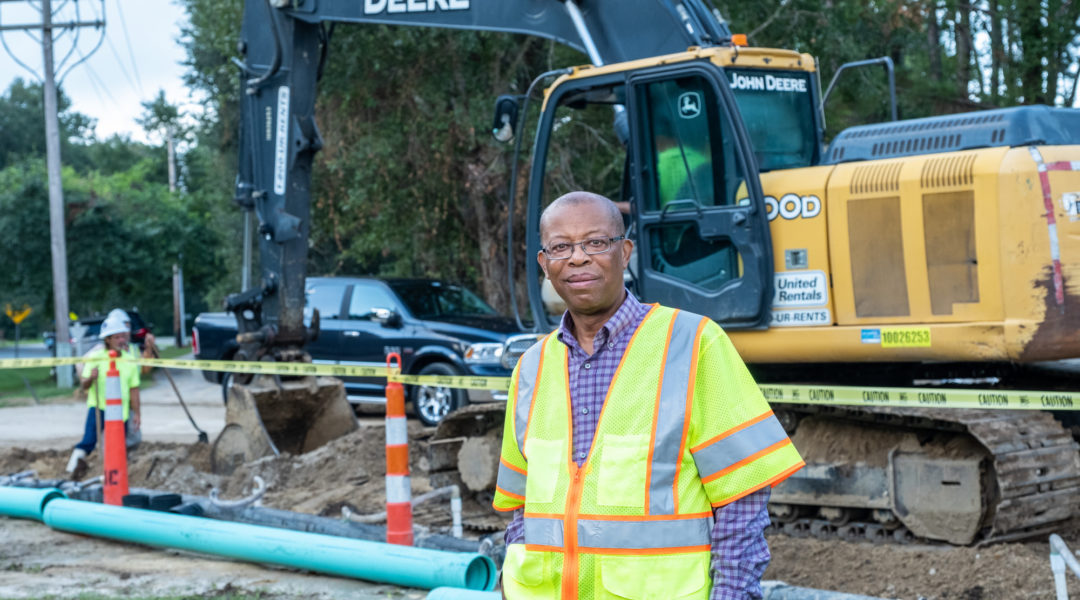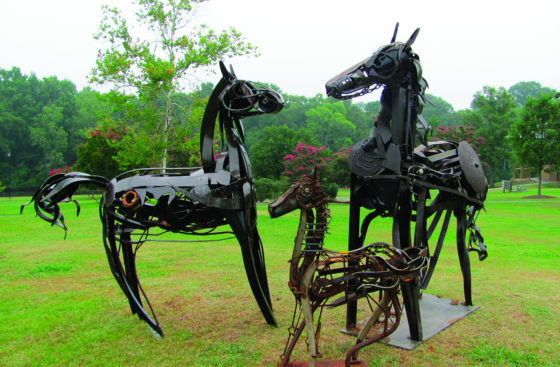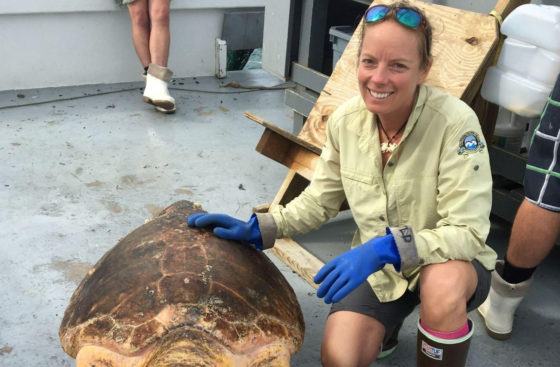In the Community
Project SAFE Fulfills a Family Legacy
January 22, 2019
Herbert Ford is fulfilling one of his father’s dreams. As a commissioner for Hilton Head PSD, he’s personally involved in ensuring the completion of something his father fought for – access to public sewer for the island’s north end.
As a child Ford would accompany his father to meetings in Beaufort to address concerns about issues affecting Native Islanders. “My father wanted to leave a legacy for his children,” Herbert remembers proudly.
Ford recalls that when he was growing up, many children suffered from parasitic worms. “We had bloated stomachs and runny noses. Once a year we’d get worm medication,” he explains. “But because we lived and worked and played in the same unsanitary conditions, we got the worms right back.
“We find kids encountering the same thing now that was happening in the 1950s and 1960s,” he laments. “Where Hilton Head has progressed significantly for those who live in planned communities, the remainder of the island has not progressed in terms of infrastructure for sanitary water and sewer; it hasn’t expanded to many areas beyond the gates.”
Septic systems are to blame. The area’s high water table, labyrinth of tree roots and poor soil create the perfect environment for the systems to fail. During times of heavy rain, the systems can overflow, spewing detergents, chemicals and even raw sewage into yards. All of this eventually finds its way into our waterways.
Project SAFE is changing that. This major initiative involves a collaborative partnership between the Town of Hilton Head Island, Hilton Head PSD and Community Foundation of the Lowcountry. The town has made water and sanitary sewer service one of its top five initiatives and has donated town-owned land for needed sewer infrastructure. PSD has developed a five-year master sewer plan that includes laying sewer main lines and the construction of two new regional sewer lift stations, along with upgrades to two existing stations, that are needed to accommodate the new sewer mains.
And the Community Foundation has launched a three-year, $3 million fundraising campaign to raise money for grants that allow low-income homeowners to connect to the newly laid sewer lines. The average cost for a family to connect is $6,700. For those with a limited income, the connection fees can be insurmountable.
“We’re extremely blessed that the Community Foundation made a commitment to raise $3 million to help economically disadvantaged families,” Ford says. “If we had just put these systems in the ground, without the means for families to connect, we’d be in the same situation as before. What the Community Foundation has done means a lot to me.”
Ford has spent hours meeting with residents to explain the process. He’s knocked on many doors and sat in many living rooms to obtain the needed easements. It hasn’t always been easy. “There’s a lot of distrust because of past precedents. Folks have been promised public sewer in the past and those promises weren’t fulfilled. The fact that I’m a resident and a local, with deep roots in the community, means I’m able to overcome some of the barriers.”
Ford says when he runs into neighbors, they’re excited they’re finally getting access to public sewer. “It makes me happy that folks realize there’s an end to it this time. That they’re actually going to get access to sewer. That they’re finally getting what they deserve and should have gotten years ago.”
It also makes Ford happy that, so many years later, his father’s aspiration is nearly accomplished. Though he passed away in 1993, Ford still talks to him. “I say, ‘Dad, it’s almost done.’”



